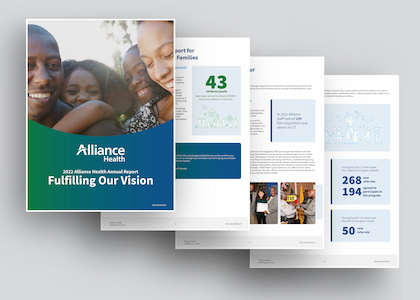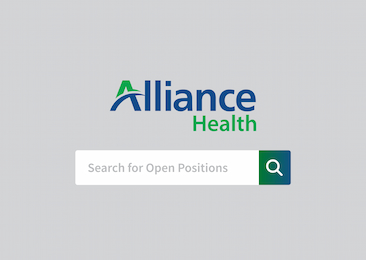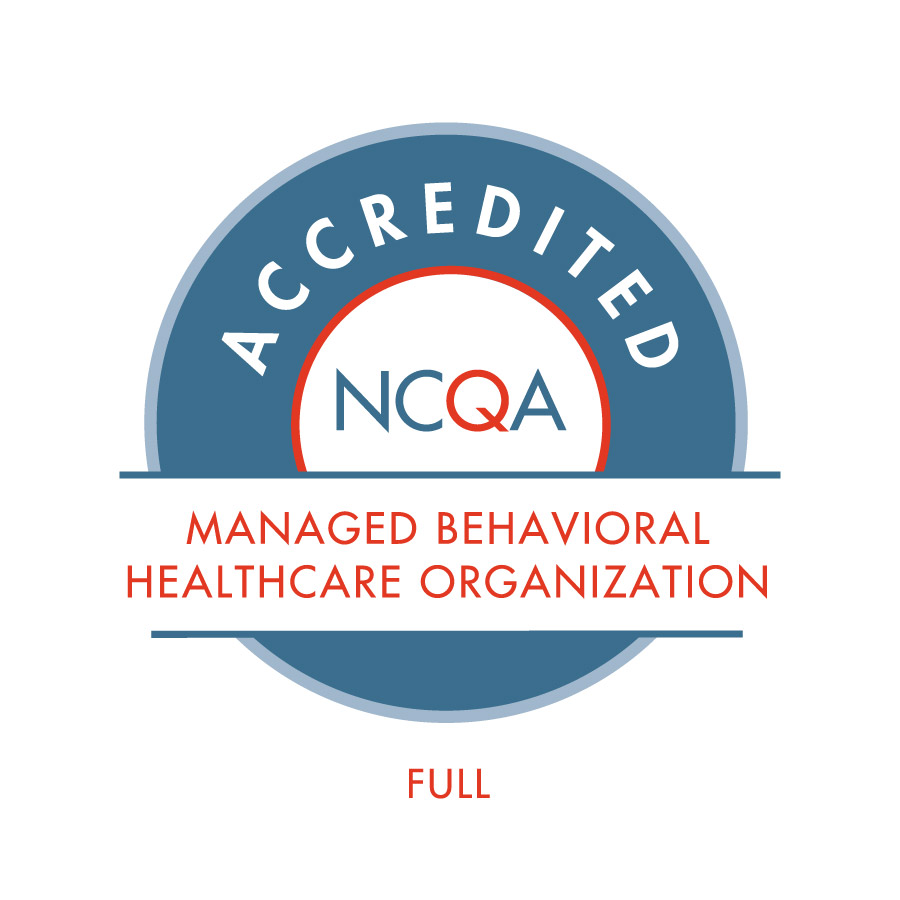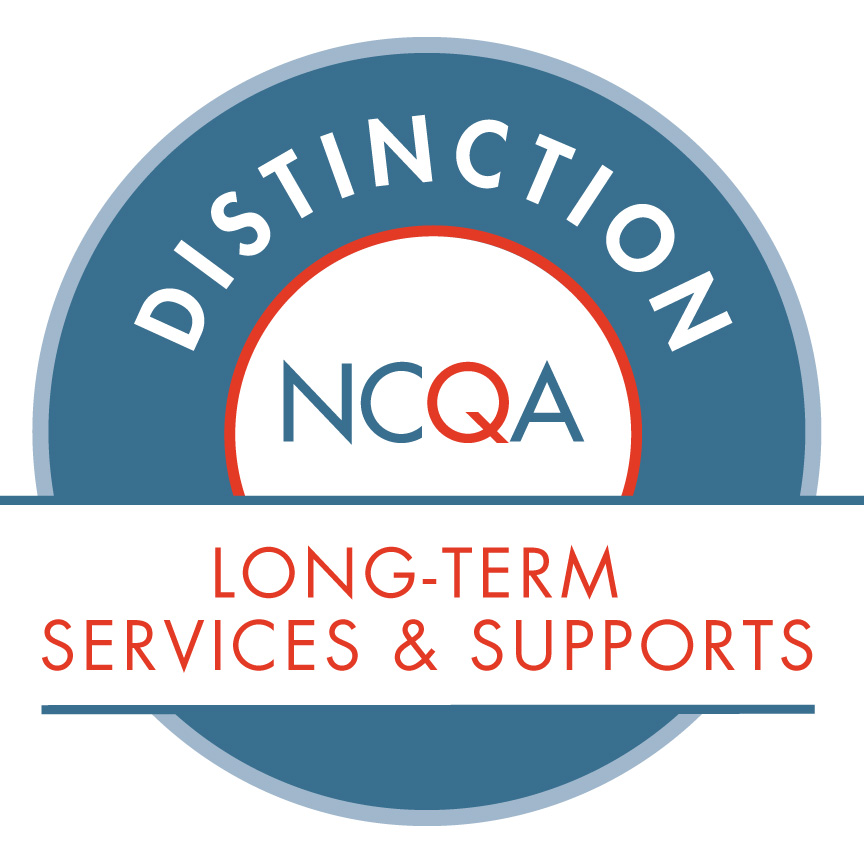To maximize the resources of the Restoring Hope Initiative, applicants may only receive assistance once per fiscal year and will not be granted an extension on their original approval for assistance unless there are compelling circumstances. If applicants have assets or other financial supports such as help from friends or family they may be ineligible for Independent Living Initiative funds. To qualify for the program applicants must be homeless, imminently homeless or precariously housed. This program is also designed to house applicants who need initial move in costs (security deposit, utility deposit, etc.) required by potential landlords. Alliance strongly encourages applicants to seek assistance through social service or other charitable agencies before seeking assistance through the Restoring Hope Initiative.
Rent Payments
Rent payments must be issued directly to the landlord. The lease agreement must be in the name of the applicant seeking assistance or in the name of the parents/legal guardians if the applicants are children. Payments will not be issued to landlord for damage or work order fees. Alliance is not responsible for any lost or stolen checks due to incorrect mailing address.
Monthly rental assistance amounts typically average around $500.00 for Single Households and $750.00 for Family Households. All applications are reviewed on a case-by-case basis and awarded assistance appropriate to the applicants’ need and risk factors. Alliance requests that service providers only request appropriate amount of needed assistance for applicants.
Security Deposits
Security deposits must be paid back to Alliance upon termination of lease. If any portion of the deposit cannot be refunded, the landlord will need to document in writing to Alliance applicable charges reducing the deposit amount.
If applicants have received a security deposit within the past year and Alliance has not received a refund for the security deposit, the applicants will be ineligible to receive assistance with a security deposit for next 12 months.
Maximum security deposit amount is not to exceed the monthly rental amount. Exceptions to maximum security deposits can be made based on extenuating circumstances.
Utility Payments and/or Deposits
Utility payments must be issued directly to the identified vendor. Payments will not be issued to landlord for excessive utility cost when the utilities are included in the monthly rental rate.
Utility assistance amounts typically average around $300.00. All applications are reviewed on a case-by-case basis and awarded assistance appropriate to the applicants’ need. Alliance requests that service providers only request appropriate amount of needed assistance for applicants and after all other charitable donations have been exhausted.





